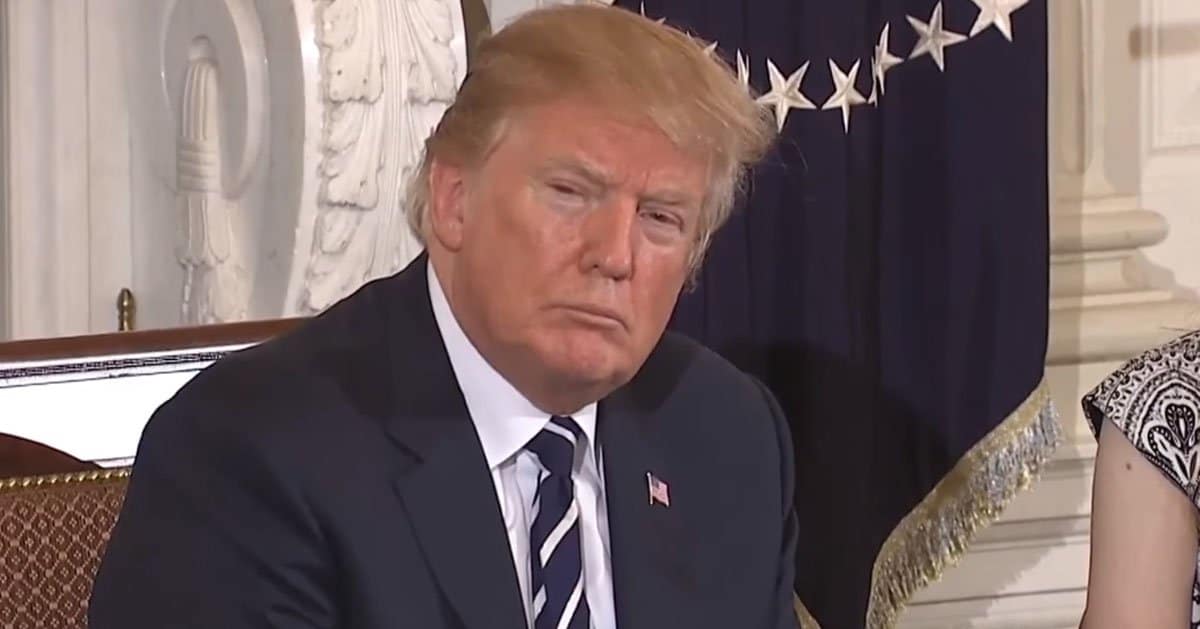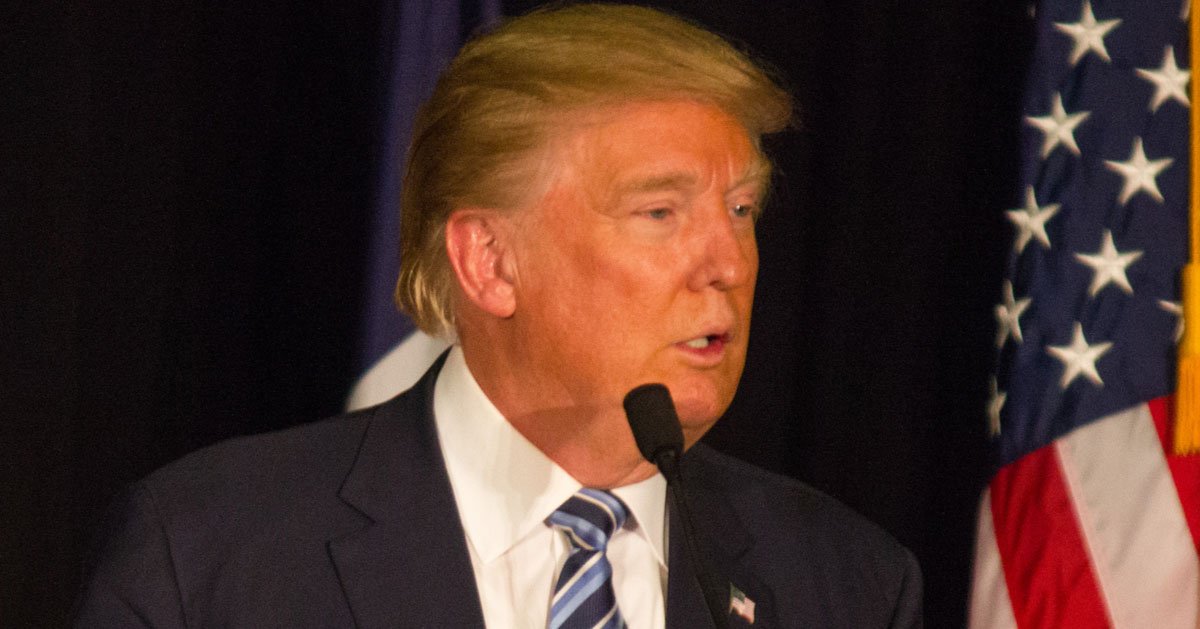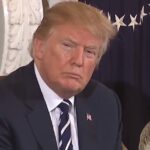








Hold onto your hats, folks—Stephen Miller just turned a CNN interview into a masterclass on dodging loaded questions with a side of sharp wit.
On Monday, the White House aide went head-to-head with host Boris Sanchez over President Donald Trump’s plan to deploy National Guard troops to Illinois to safeguard U.S. Immigration and Customs Enforcement (ICE) facilities, while facing accusations of racial bias in immigration enforcement, Fox News reported.
The interview kicked off with a fiery exchange about Illinois Governor JB Pritzker’s strong objections to the administration’s strategy. Pritzker didn’t mince words, calling the troop deployment an overreach akin to an “invasion” and alleging that ICE agents target individuals based on race. Now, that’s a bold claim to throw at a federal agency tasked with enforcing border laws.
Sanchez pressed Miller on these accusations, asking if the immigration crackdown unfairly singles out people of color. Miller didn’t just push back—he laughed it off, dismissing the query with a quip that cut through the tension. “Oh, what a dumb question,” Miller chuckled, before arguing that unauthorized migrants harm American workers across all demographics (CNN).
He didn’t stop there, doubling down on his stance with a firm rejection of the premise. When Sanchez tried to pin him down for a clear denial, Miller interrupted with a curt, “I said it was a dumb question” (CNN). If that’s not a signal to move on, what is?
The conversation took another turn when Sanchez questioned Miller’s choice of words for ICE protesters, specifically his use of a strong term to describe their actions. Miller stood his ground, defending his language by pointing to ongoing harassment and violence faced by ICE officers, particularly at the Portland field office. It’s hard to argue with firsthand accounts of chaos at federal facilities.
Miller painted a vivid picture of protesters assembling to physically obstruct and attack ICE operations, claiming their actions aim to disrupt border enforcement. One has to wonder if such aggressive tactics are really just “peaceful demonstrations” as some might spin it.
Sanchez raised a hypothetical about a future administration sending troops to conservative states during rowdy protests, probing for consistency. Miller’s response was dripping with sarcasm, referencing extreme incidents like alleged sniper fire and vehicle attacks on ICE facilities as hardly qualifying as mere protests. That’s a fair point—there’s a line between dissent and danger.
The back-and-forth wasn’t new territory for Miller, who has a history of sparring with CNN anchors over Trump administration policies. Just a few months back, he called out another host for what he saw as sloppy assumptions about executive authority. This latest clash only cements his reputation as a no-nonsense defender of the president’s agenda.
Pritzker’s “invasion” comment isn’t just rhetoric—it’s a direct challenge to federal authority on immigration enforcement. While one can empathize with state leaders wanting a say in local matters, overriding national security priorities seems like a stretch.
Miller’s core argument hinges on protecting American jobs and resources, a concern that resonates with many who feel federal policies have long favored others over citizens. His point about crime tied to unauthorized migration is a lightning rod, but it’s a discussion worth having without the knee-jerk accusations of bias.
Sanchez’s persistence in framing the issue as racial profiling missed the broader policy debate, at least from Miller’s perspective. When every critique is reduced to identity politics, it’s no surprise that a policy advocate like Miller would push back hard. The real question is whether the focus on race obscures the actual mechanics of enforcement.
The deployment of National Guard troops to Illinois isn’t just a logistical move—it’s a symbol of federal resolve on border security. Critics like Pritzker may see it as overreach, but supporters argue it’s a necessary response to escalating threats against ICE.
At the heart of this debate is a tension between state autonomy and national policy, a divide that’s not easily bridged with soundbites on cable news. Miller’s sharp retorts may entertain, but they also underscore a deeper frustration with narratives that sidestep the rule of law.
Ultimately, this CNN showdown was less about finding common ground and more about drawing battle lines over immigration enforcement. While accusations of bias and heavy-handedness fly, the real challenge remains: crafting policies that secure borders without alienating communities. That’s a tightrope walk even the wittiest of aides can’t sidestep with a laugh.



